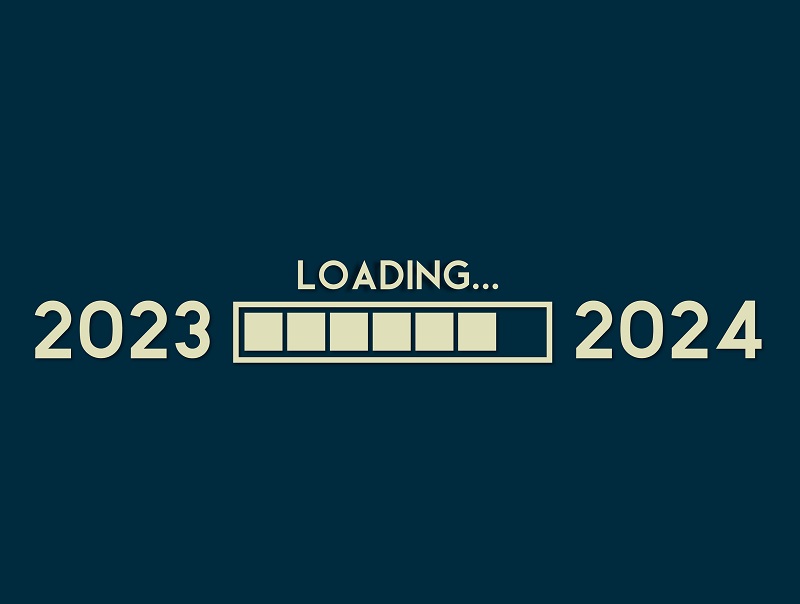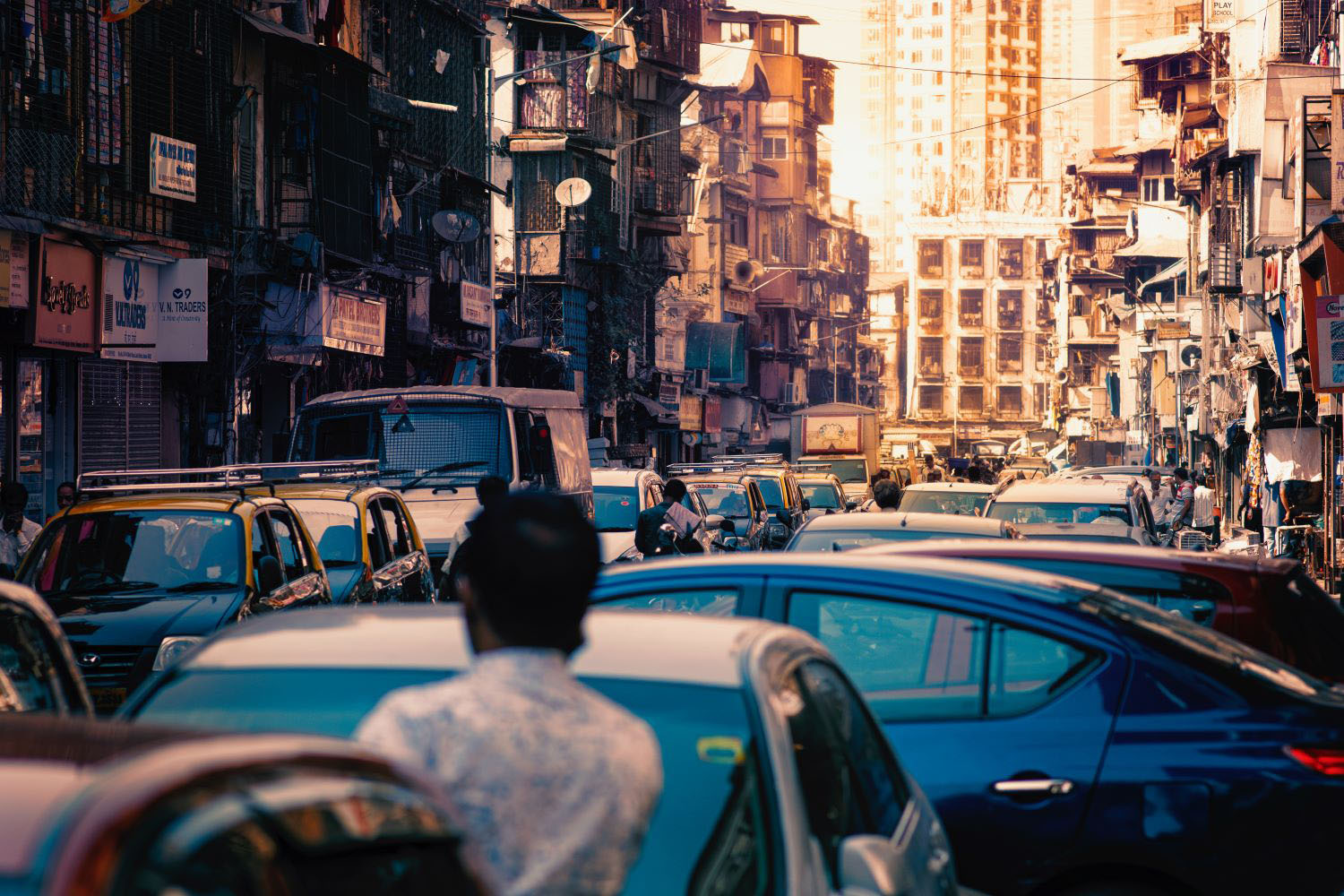IMF and Participants at the upcoming meetings of the IMF and World Bank in early October are bound to promise with considerable conviction an increase and an improvement in international coordination of domestic financial regulators -- just as U.S. Treasury and Fed officials are now promising, with considerable conviction, to revisit and reform the rules and the coordination of a currently fragmented regulatory set-up within the U.S. Coordination and cooperation will be the mantra; IMF Managing Director Strauss-Kahn has called in a recent Financial Times Op-Ed for a "systemic solution . . .with collaboration on a global scale."There will be no talk of "global regulation" itself, as there is no political likelihood that United States or other G-7 regulators and finance officials would want to consider the implied loss of sovereignty. And why would Chinese, Brazilian and Indian officials and regulators, who are justifiably feeling smug about their domestic regimes, and annoyed and anxious about the likelihood of contagion despite their own good behavior, want to get into the room now with the Unites States and the United Kingdom?Of course words like coordination and cooperation go to the heart of the ongoing angst at the IMF about its role in the world. Is the IMF, as Strauss-Kahn is quoted as saying by the NYTimes the "right place to organize a global response to weaknesses in the global financial system?"On the one hand, the IMF is hopelessly underfunded to act as a lender of last resort in a global economy where it is capital not trade flows that affect countries' access to liquidity, and in which given the size of capital surges and collapses, the distinction between liquidity and solvency problems is even harder to make than it used to be. The IMF no longer has the leverage that financial heft provided in negotiations over the size and conditions of loans to Korea, Russia, Indonesia, Brazil, and Argentina when they suffered meltdowns in the last century. The fact is that the IMF is unlikely ever again to be adequately capitalized to deal with systemic global financial problems as a financier.On the other hand, the IMF can play the role of honest broker, with its combination of technical and financial savvy and global convening power. Unlike the Financial Stability Forum, the IMF is not a G-7 club but a global institution.The question is whether even a considerably strengthened IMF on the technical and financial side would be effective without the leverage that money and power historically have provided. Would China and the United States submit to meaningful domestic surveillance? (Who has seen the last report of the Article IV consultation on the U.S. economy?) What has been the outcome of the IMF-led "multilateral surveillance" of the last couple of years, meant to deal with the global imbalance of huge flows of debt capital into the U.S. and huge reserve build-ups in China, other emerging markets and the oil economies?That raises a deeper challenge of reform at the IMF. First, the IMF bureaucracy must reform itself fast enough to make a meaningful shift from big lender to honest broker. That is up to the leadership of the Managing Director and the board. Second, the IMF's governor-ministers representing the traditional G-7 powers must find a way quickly, on the issue of global financial coordination and regulation, to engage the otherwise flagging interest and engagement of China and India in the IMF in any role, broker or otherwise.On the latter it is hard to imagine the United States playing its historic leadership role. Treasury Secretary Paulson has other concerns obviously. And as perpetrator and potential major victim if its own crisis goes global, the United States has lost credibility in leading consultations on an international agreement on transparency and tighter codes of conduct in financial markets. Then there is the reality that the U.S. is in the midst of a hotly contested election with domestic politics poisoned by the false distinction between Wall Street and Main Street.Nor are the UK or other European countries, succumbing to their own financial problems, likely to lead. So let us hope that Strauss-Kahn is exploiting the potential of the IMF to work with the new players on the 21st century global map: China, Brazil, India, South Africa, to address the world's collective action problem. Through the IMF, those emerging new powers might finally take their place at the table. That could save the IMF itself from irrelevance and the global capital markets from ruin.
CGD blog posts reflect the views of the authors, drawing on prior research and experience in their areas of expertise.
CGD is a nonpartisan, independent organization and does not take institutional positions.




